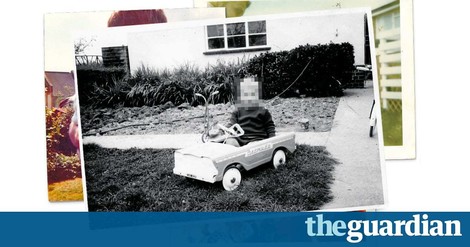Your podcast discovery platform
Curious minds select the most fascinating podcasts from around the world. Discover hand-piqd audio recommendations on your favorite topics.

piqer for: Deep Dives Global finds Globalization and politics Health and Sanity
Daria Sukharchuk is a journalist based in Berlin, where she works as a news anchor for Russian-language OstWest.tv. Her writing has appeared in Motherboard and ZEIT Online, Cosmopolitan, as well as Afisha (Moscow's leading city magazine). She specializes on the topic of human rights, migration, and mental health.
She has her BA in Chinese history, and, never having forgotten her history background, has also contributed to the educational project1917.com.
How A Boy From A Normal British Family Became A Slave
Alan (name changed) was born in the UK and grew up in a normal household. Yet he became disabled early in his childhood, never finished school, and, eventually, became homeless. His family, tired of his drug abuse, lost sight of him for 26 years, thinking that he must have found a way to live.
Until he re-surfaced in 2015 when it turned out that all those years he'd been enslaved by a family that has built a business on the backs of several slaves, whom they picked up from the streets. They gave them shelter – and for Alan, that was a good enough reason to like them, despite the regular beatings and forced labor 7 days a week. After 26 years of slavery, he developed a Stockholm syndrome, together with an alcohol addiction (the only payment the slaves got was cheap strong cider).
This story is different from how one typically would imagine modern slavery in the UK – we usually link it with trafficking and undocumented migrants, not with local people with families. And yet, it shows how pervasive modern slavery is – and how vulnerable many people are to it – desperate enough to be lured in with a promise of work and shelter. The most striking part of Alan's ordeal is its duration: he's been kept a slave for 26 years, in plain sight, and yet nobody has bothered. We are so used to the extreme social inequality, and to avoiding even looking at the homeless, that we can overlook things like this.